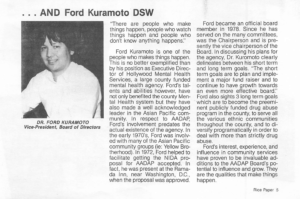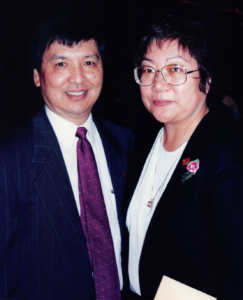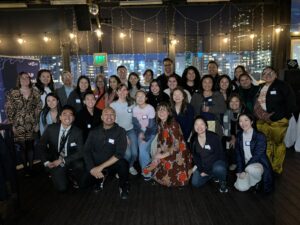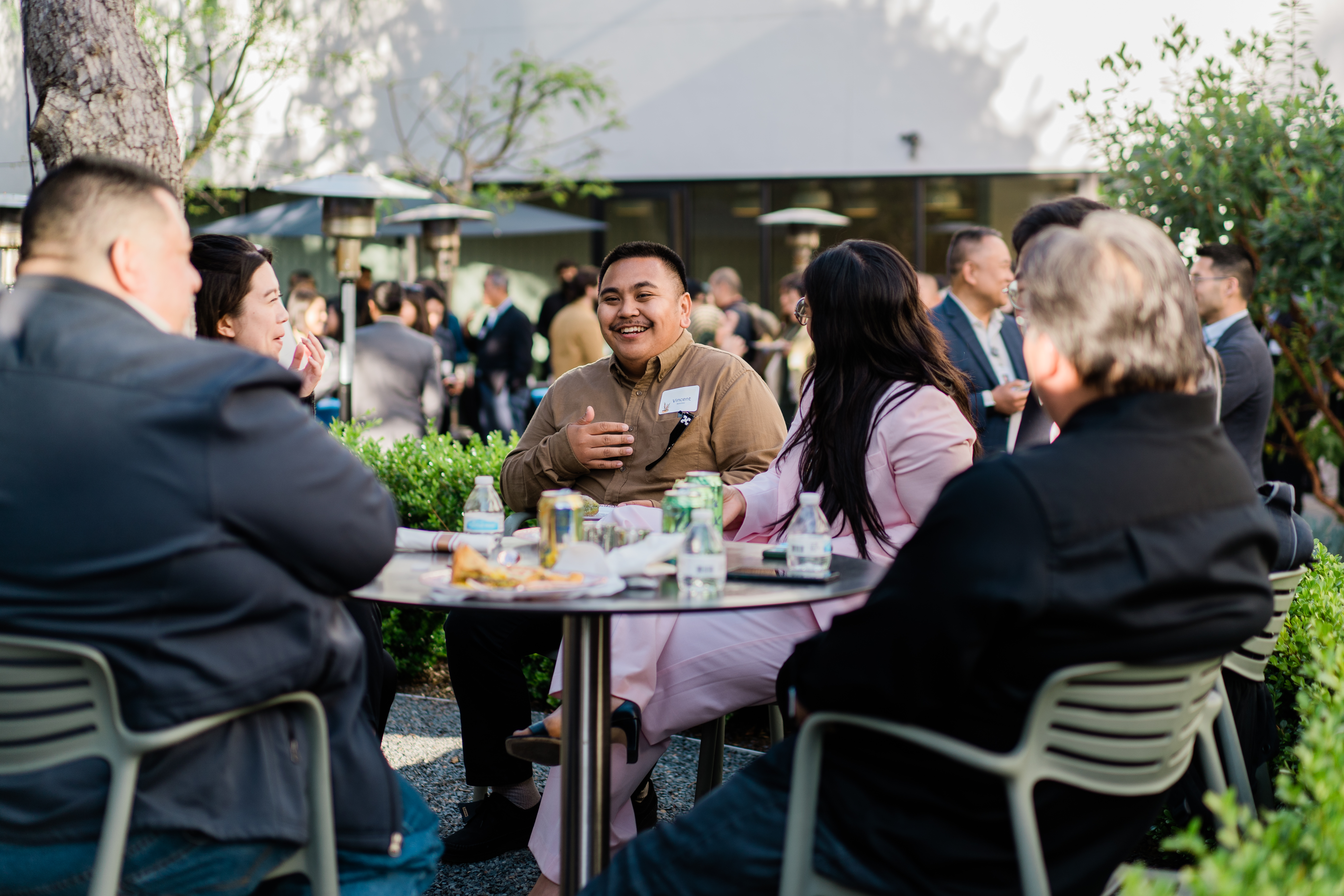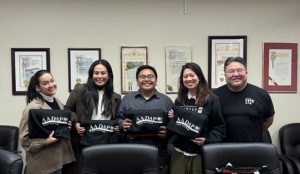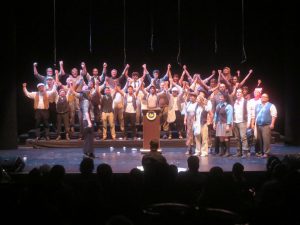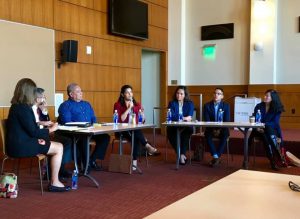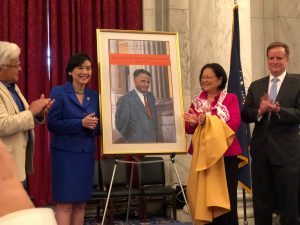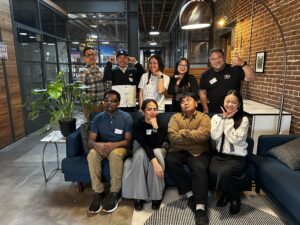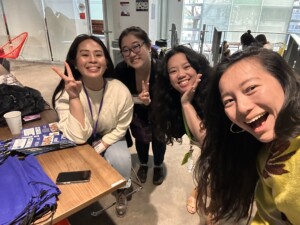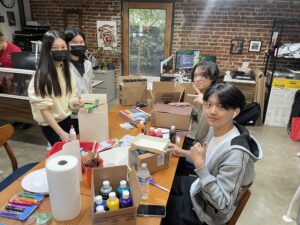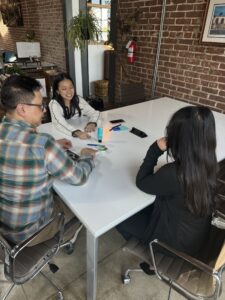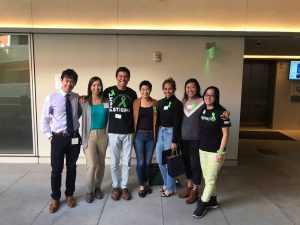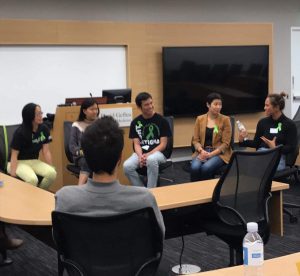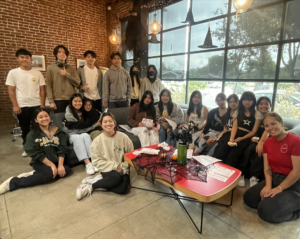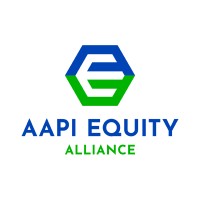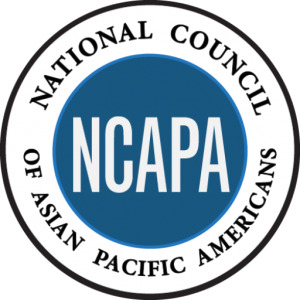About
Mission statement
NAPAFASA is dedicated to mental health advocacy through research, public health and policy reform, and community empowerment through civic engagement. In order to get there, we know it takes putting community voices at the heart of our work. We are committed to health equity and social justice by working to reduce substance misuse and partnering with our communities to promote mental, emotional, spiritual, and physical well-being.
History
NAPAFASA was founded as a 501(c)(3) private, nonprofit organization on February 8, 1988 in Maryland by Pat and Lily Okura. Concerned with the lack of culturally-responsive behavioral health services for Asian Americans, Native Hawaiians, and Pacific Islanders, Ford and Frances Kuramoto were instrumental in expanding NAPAFASA as a national resource for our communities. Since its founding, NAPAFASA has promoted education and research and spread awareness of substance use to prevent and reduce substance use disorder in Asian American, Native Hawaiian, and Pacific Islander communities. Our headquarters is currently in the City of Alhambra in Los Angeles County, California.
In order to prevent and reduce substance use disorder, we aim to promote health justice and improve the cultural responsiveness of behavioral health services by creating and presenting educational materials; promoting recovery, cessation, and harm reduction programs; advocating for improved language access; supporting the disaggregation of data for improved understanding of our diverse communities; acknowledging the role that Industry plays in substance use disorders (including Big Tobacco); engaging in ongoing collaboration with our community partners locally and nationwide; and involving principles of intersectionality in all of our work.
Through our decades of work, we also included problem gambling as another priority to address. Lastly, we work to improve disparities in health by also addressing access to health insurance, which is critical to accessing behavioral health services and health justice altogether.
Partners
Through our decades of work, we have also formed vast networks and long-lasting partnerships with other Asian American, Native Hawaiian, and Pacific Islander-serving organizations locally, statewide, and nationally, allowing us to remain engaged with various policies, needs, and priorities that impact or are adjacent to behavioral health. Observing the lack of outreach and behavioral health services accessible to and specific to AA and NH/PI LGBTQ+ community members, we have also increased collaboration and outreach to these communities and other LGBTQ+ -serving partners in the last several years.
OUT Against Big Tobacco Los Angeles Coalition (OABT LA)
Asian American Drug Abuse Program (AADAP)

